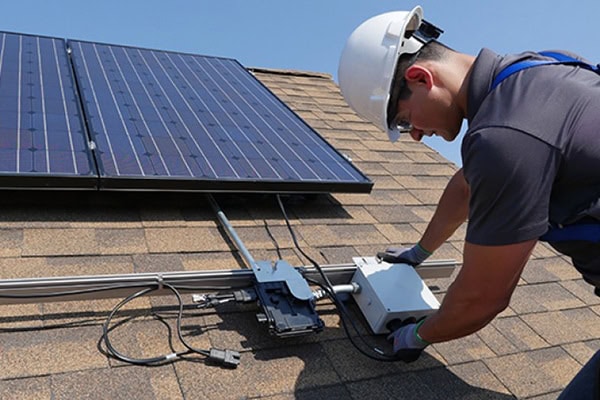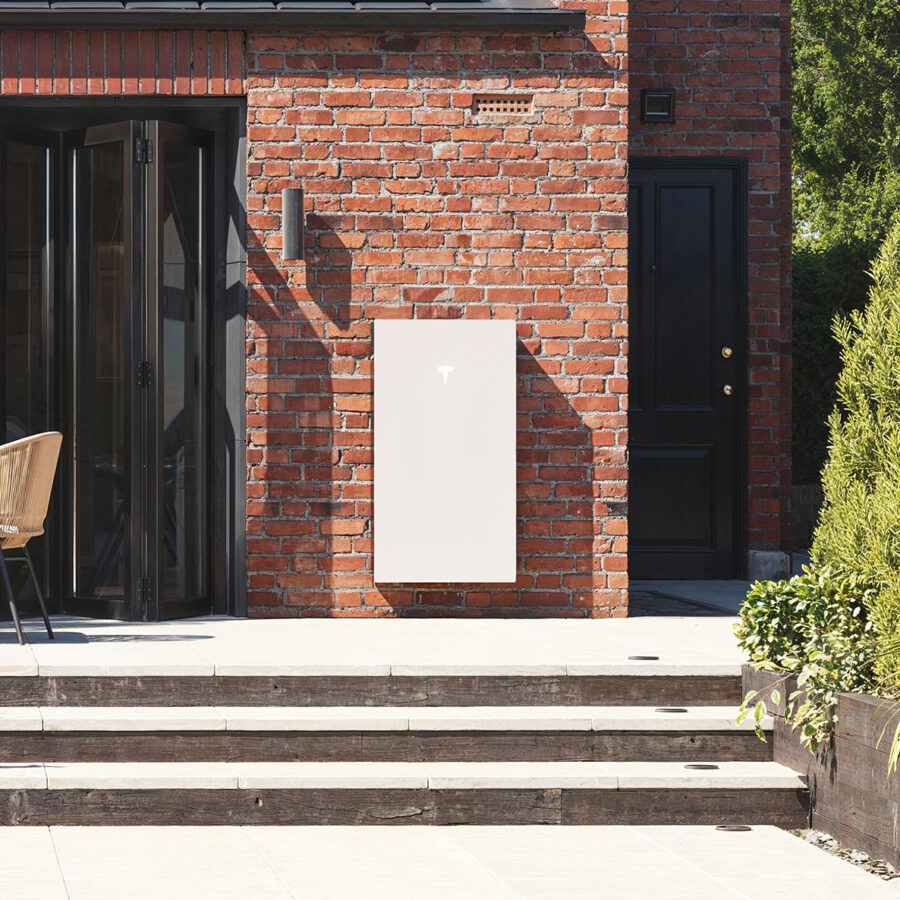What Will Replace Oil Boilers in 2035?

We all know that our actions affect the planet. It seems crazy to think that taking a long shower or not recycling a plastic bottle would make much of a difference, but it can – and does.
Sustainable heating isn’t a fad that will come and go; it’s set to change how we live by implementing new laws. One such law is the likely ban on oil boilers, which will take effect by 2035.
Luckily, households and businesses will have access to a variety of sustainable solutions, which we’ll cover now.
Why will oil boilers be banned?
Oil boilers are a popular solution for off-grid properties without a gas supply, but they lack efficiency and are significant contributors to carbon emissions.
Around 6% of households in the UK rely on an oil boiler, but the plan to phase out fossil fuels means that many will need an alternative solution.
Here’s why there are calls for a ban:
- Climate Change: When fossil fuels burn, they release greenhouse gases into the atmosphere, which plays a huge role in climate change. By banning oil boilers, the government can reduce further damage caused by climate change.
- Air Pollution: Oil boilers also contribute to air pollution and release harmful substances, including nitrogen oxides. Carbon dioxide is dangerous, but nitrogen oxides lower air quality and endanger humans.
- Energy Efficiency: With newer options becoming available, including heat pumps and biomass boilers, households don’t rely on fossil fuels as much. Introducing a ban would encourage more people to switch to renewable energy.
- Government Regulations: Countries worldwide are committing to reducing carbon emissions and rolling out new policies for clean energy production. The plans to phase out oil and gas boilers place the UK among the most forward-thinking countries.
Heat pumps
Head to a Scandinavian country, and you’ll see heat pumps everywhere. Up until recently, they hadn’t made much of an impact on the UK, but that changed when the government committed to its Net Zero strategy.
With their ability to produce clean energy and preserve fossil fuels, heat pumps are fast becoming a go-to solution for households and businesses.
The sheer availability of green energy grants also means that heat pumps are more accessible today than ever before.
Ground-source heat pumps
Ground-source heat pumps are the best option for consistent heat generation. They work by collecting heat from the ground and transporting it through pipework. The energy these pumps can provide hot water for your property and a consistent heating supply.
The main downside of ground-source heat pumps is the amount of space they need. A smaller garden makes a horizontal pipe system impossible, but some installation companies can install vertical boreholes.
GSHPs are more expensive, but their main advantage is that they can provide heat in below-freezing conditions without having to work harder.
Air-source heat pumps
Most properties in the UK can accommodate air-source heat pumps, making them the most accessible solution. They collect heat from the air, which goes through a conversion process. An internal unit then distributes it to either heat or cool your property.
While air-source heat pumps aren’t as consistent as ground-source pumps, they’re able to work in below-freezing conditions and are the most affordable option. Most importantly, you can benefit from clean energy and eliminate your reliance on fossil fuels.
Modern boilers
Electric and gas boilers are the main alternatives to oil boilers, but we all know they lack efficiency. A traditional gas boiler releases large amounts of carbon dioxide and nitrogen oxide, which poses environmental and health risks (DeSmog).
Electric boilers are more efficient, but they’re also expensive to run and still rely on the grid. With that in mind, let’s look at which boilers might reign supreme in 2035.
Biomass boilers
Biomass boilers are already gaining popularity as innovative alternatives to oil and gas boilers. They use chips, wood pellets, and other organic materials, burning them to provide heat for a property.
While this might seem counterintuitive, biomass boilers are classed as carbon neutral. The carbon created during combustion is offset by plants during the growth period, making biomass boilers a more sustainable option.
Biomass boilers require regular maintenance and take up more space than other heating methods. For this reason, they’re more popular for industrial applications.
Hydrogen boilers
As of now, hydrogen boilers are a promising concept in the UK, but that could change by 2035. Countries in Europe, including Germany and the Netherlands, are exploring the possibilities of hydrogen, but there’s still a long way to go.
Producing and distributing hydrogen on a large scale remains an ongoing issue, but as technology advances, hydrogen boilers could become staples in properties worldwide.
Despite the National Infrastructure Commission advising against hydrogen, the UK government is still exploring its possibilities.
Solar power
Most people associate solar power with electricity production, but it’s also a viable solution for heating a property. How? By adding thermal panels. Like solar panels, they take advantage of the sun’s energy to support your home.
The main difference? Instead of producing electricity, solar thermal systems heat water contained in a cylinder. Once the water is hot enough, it can travel around the rest of your property, pretty much the same as traditional radiators.
While thermal panels are a viable option, the main issue is their dependence on sunlight, so they might struggle in the evening or on cloudy days.
For this reason, many people choose to use thermal panels to supplement their current heating system.
Which heating solution suits your needs?
The good thing about technology is that there’s a heating option for everyone. From biomass boilers to heat pumps and solar thermal panels, households across the UK will be able to choose an option that aligns with their budget and long-term financial objectives.
While biomass boilers and thermal panels have their benefits, heat pump installation is an excellent way to produce clean energy and save money.
With the Boiler Upgrade Scheme offering up to £7,500 towards heat pumps, acting now means you’re planning for the future.
Geowarmth is an expert provider of renewable heating solutions. Please get a quote today or contact us with any questions.


